Why APA Accreditation Matters
Protecting the public.
APA accreditation demonstrates that a doctoral, internship or postdoctoral residency program has met the Standards of Accreditation, which prepares graduates to provide evidence-based services that are associated with improved welbeing. APA-accredited programs prepare graduates to successfully and ethically deliver psychological services.
For Programs
APA-accredited programs undergo a rigorous review process, and accreditation is voluntary in the U.S. Going through the APA accreditation process will help your program gain valuable insights that you can use to provide the best possible education in psychology for your students.
From a comprehensive self-study to a thorough site visit from a team of professional colleagues, the APA accreditation process will ensure that your doctoral graduate, internship or postdoctoral residency program provides the professional and scientific skills and background graduates need to protect the welfare of the public and succeed in a career in psychology.
APA accreditation tells your prospective students, peers and the public that your program:
- Has met standards that verify your program's ability to prepare graduates to provide outstanding, evidence-based clinical service to ensure the wellbeing of the public.
- Promotes best practices in education.
For Students
Pursuing graduate education in psychology involves a significant investment in time and resources. It is important to ensure that your program is high-quality and appropriate for your professional goals. Graduating from an APA-accredited program:
- Provides an educational and scientific foundation on which to build a career in psychology, providing evidence-based clinical service to the public.
- May help qualify you for employment opportunities in settings that require completion of an accredited program.
- Facilitates licensure eligibility in states that require licensure candidates to have a degree from an APA-accredited doctoral program.
For Licensing Boards
Licensure candidates should have the educational background to provide the best possible care to the public. Graduates of APA-accredited programs are well-prepared for licensure because:
- They have completed a program that met accreditation standards designed to ensure preparation for entry-level psychological practice.
- APA-accredited programs are evaluated for the extent to which they provide education and training in core psychological scientific and practice areas.
- Some states require licensure candidates to either have a degree from an APA-accredited doctoral program or prove that their program is equivalent.
For the Public
The ultimate goal of APA accreditation is to graduate psychologists who are uniquely qualified to protect the wellbeing of the public by providing quality psychological service. Psychologists who have graduated from APA-accredited programs:
- Have completed an educational program that trained them in the science and practice of health service psychology and prepared them to provide quality psychological care.
Accreditation FAQ
Learn more
Accreditation standards support quality training programs in health service psychology.



